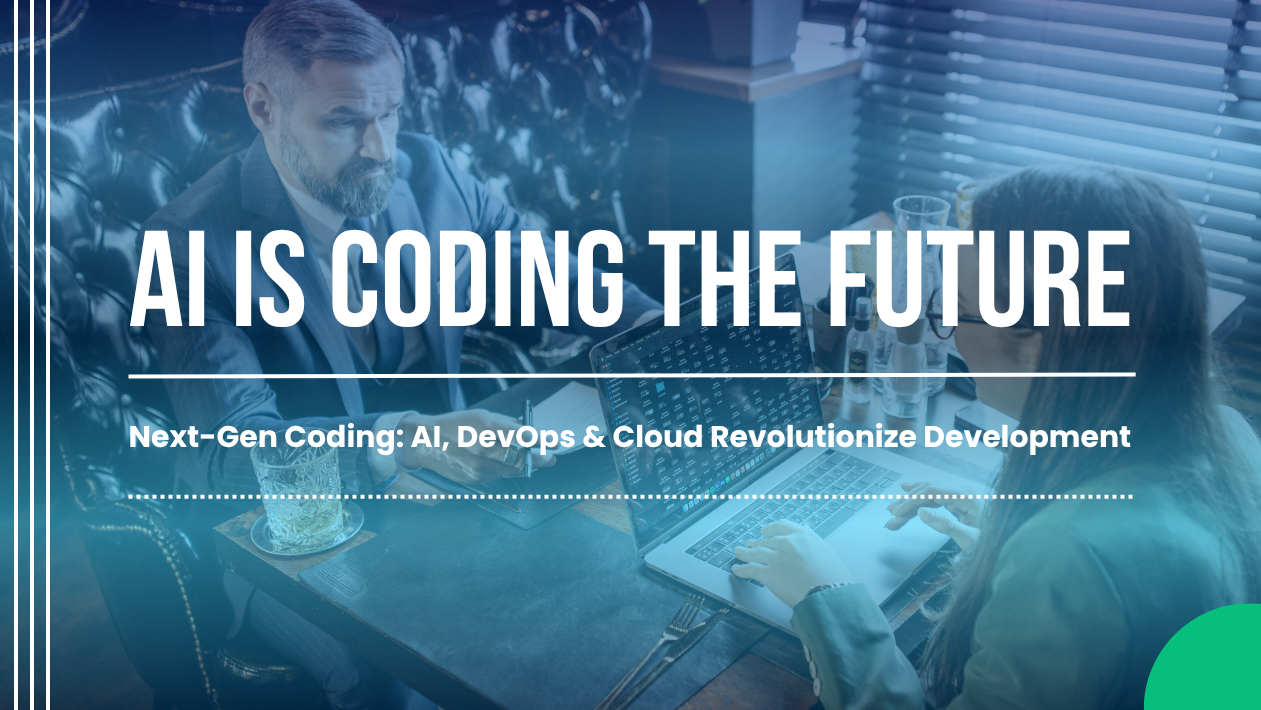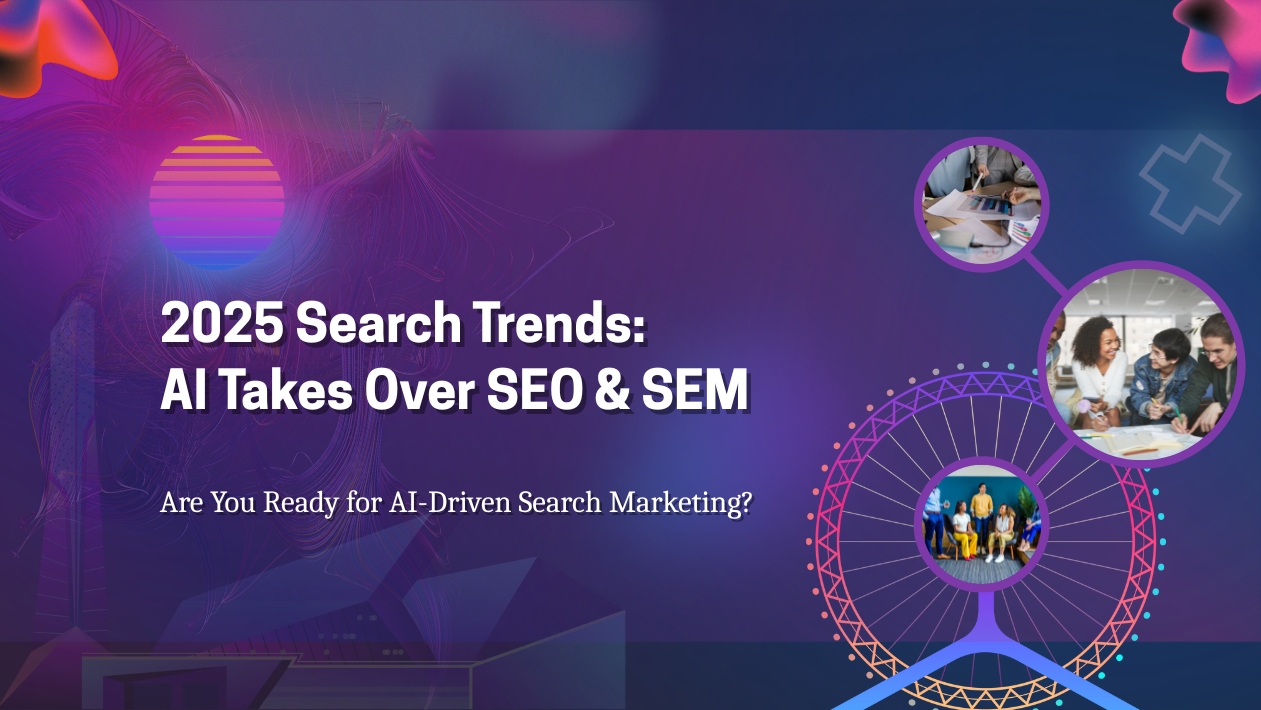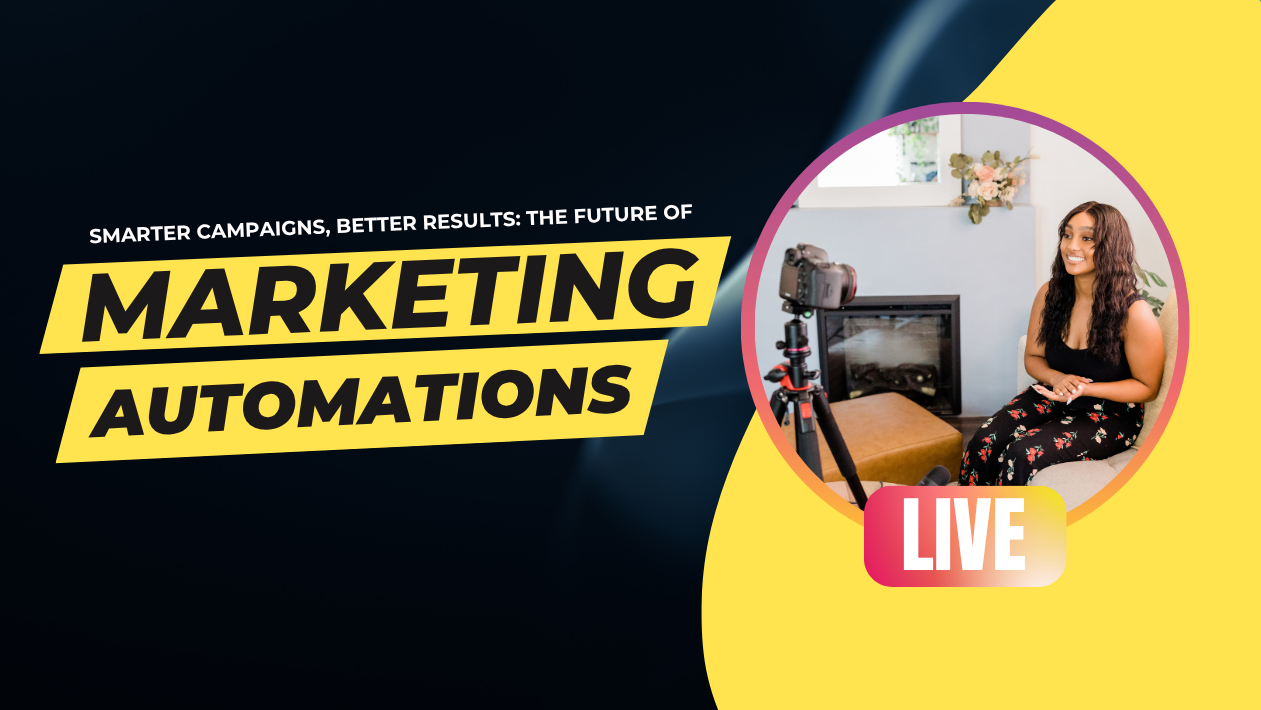Predictive AI is revolutionizing how businesses forecast trends, optimize operations, and enhance customer experiences. By leveraging vast amounts of historical data, machine learning algorithms, and advanced statistical techniques, predictive AI systems can anticipate future events with remarkable accuracy. This technology is being widely adopted across various industries, from healthcare and finance to marketing and logistics.
In healthcare, predictive AI models are identifying patients at risk of developing chronic conditions, enabling early intervention and personalized treatment plans. In finance, these systems predict market movements, helping investors make informed decisions and mitigating risks. Marketing teams use predictive analytics to understand consumer behavior, forecast sales, and tailor campaigns, ensuring higher engagement and conversion rates.
Retailers are benefiting by optimizing inventory levels, predicting product demand, and reducing waste. Supply chain management has seen significant improvements as predictive AI anticipates disruptions, allowing for proactive adjustments. Additionally, customer service is being enhanced through AI-driven chatbots that predict and respond to user queries with increasing accuracy.
The integration of predictive AI is not without challenges. Concerns about data privacy, algorithmic bias, and the need for significant computational resources must be addressed. However, the potential benefits of predictive AI in driving efficiency, innovation, and competitive advantage are undeniable. As technology advances, its predictive capabilities will continue to expand, offering unprecedented opportunities for strategic foresight and operational excellence.





